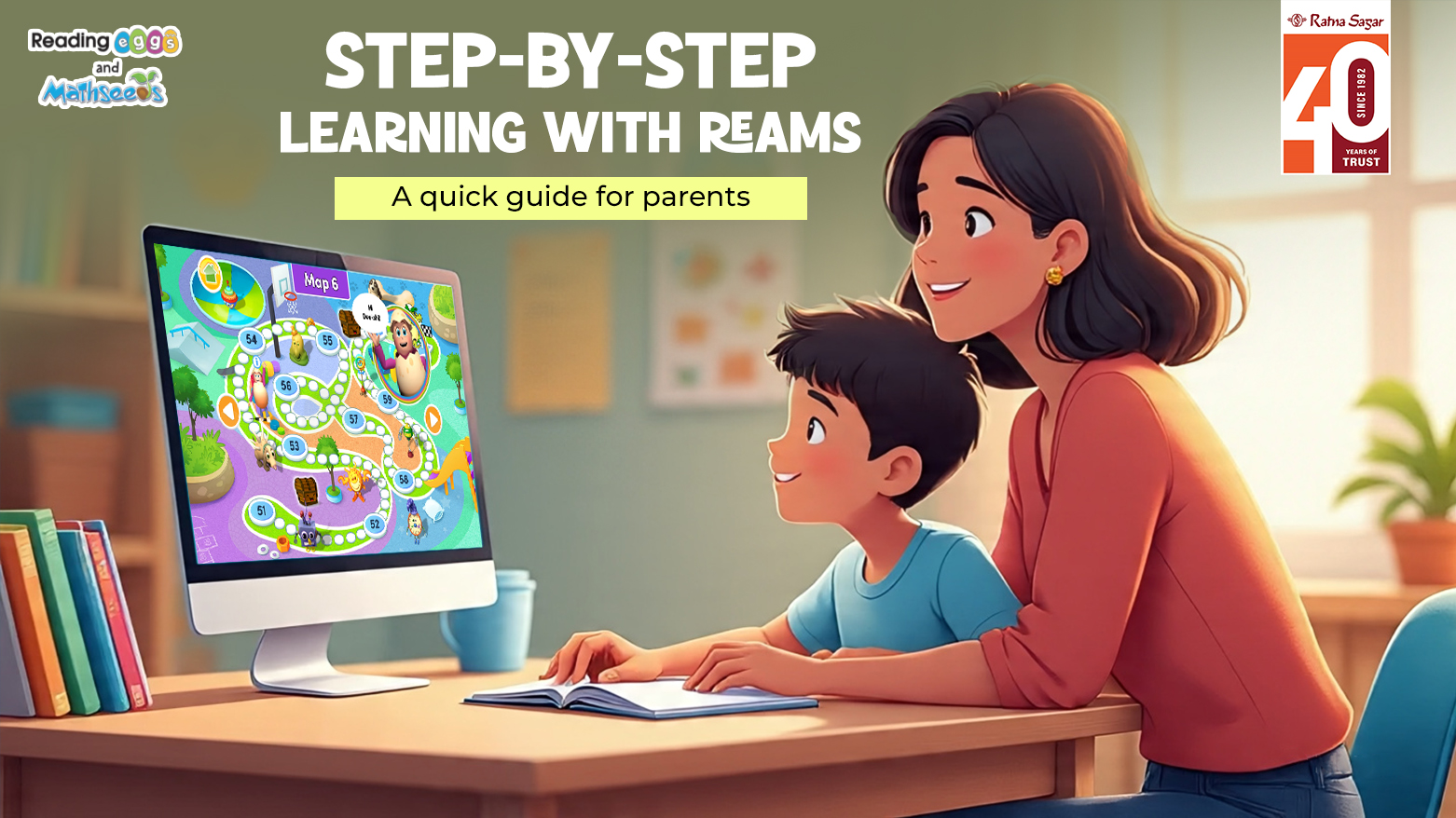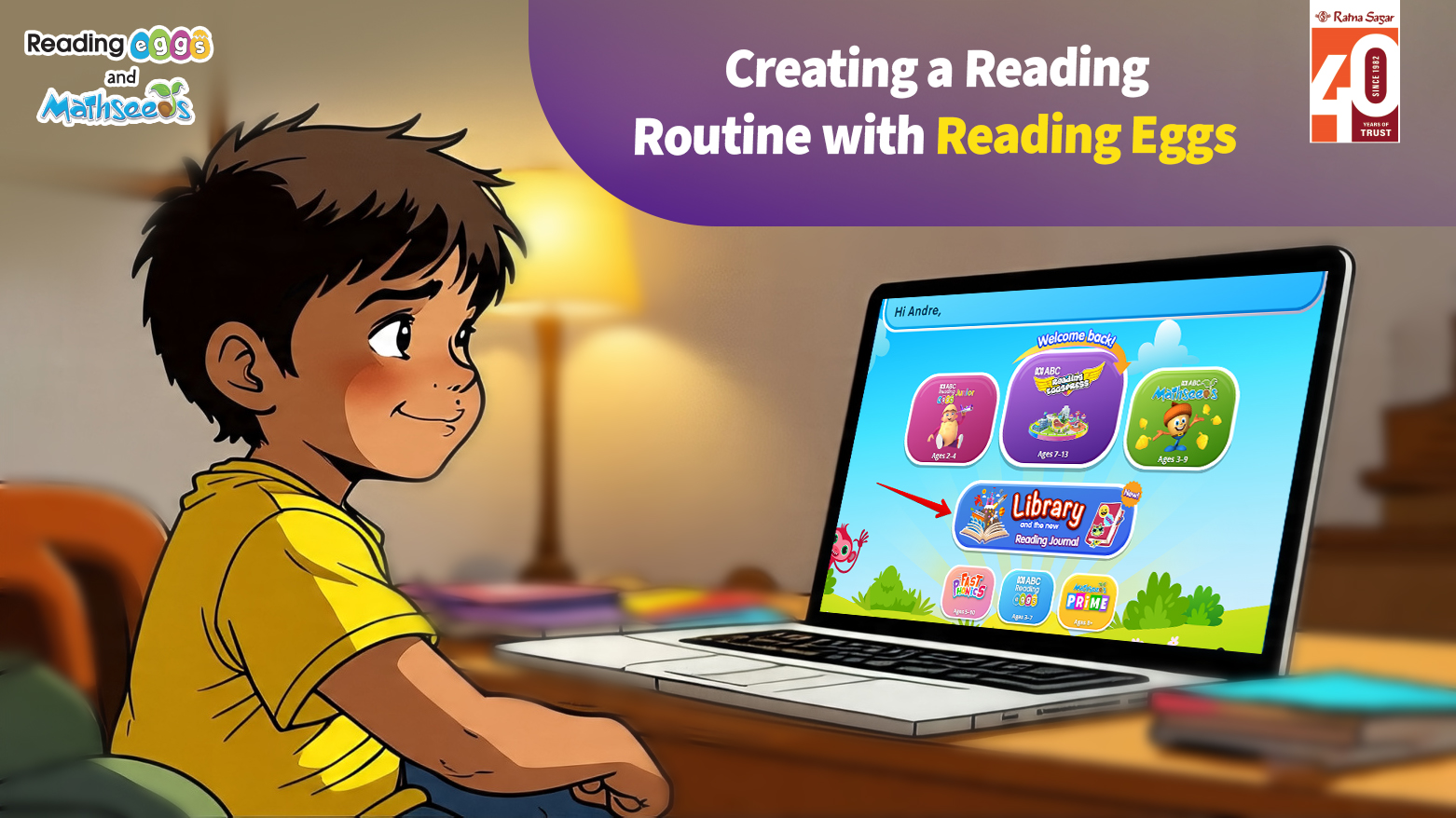5 Good Habits To Develop In Your Child
“And once you understand that habits can change, you have the freedom and the responsibility to remake them.” -Charles Duhigg Habit is generally defined as a ‘settled tendency or usual manner of behaviour.’ Habits can be good or bad depending upon the impact it creates on the lives of people or society in general. For instance, throwing waste here and there is a bad habit because it not only harms the environment but develops callous behaviour in us. It is important to build good habits in children from an early age when their brain is still under the impression of learning and creating a perception of the outside world. Parents and teachers play a crucial role in embedding these good habits into a child's daily routine. Good habits empower the child with a strong personality. Parents have a great deal of influence on their children. There is no doubt that parents hassle to give their child the best environment to ensure his growth and overall development. When it comes to habits, the parents should work along with the child and follow the habits that reflect the positive aspects of following good habits. Young children are very curious to know about the things around them. A good habit that the parents can begin with is to promote questioning. Questioning makes them more active and parents can answer them with the right information they are seeking. Moreover, parents should also work on developing a healthy lifestyle along with eating habits. They should engage with the children that inculcate personal and social skills in them along with effective decision making. It is more likely that repetition of the same behaviour on a daily basis helps the child to adapt in the long run.
SOME TIPS FOR PARENTS
- Be your child’s ideal
Everyone has a personality to look up to and follow in their footsteps to achieve success or get targeted goals. Parents should start with setting an exemplary figure before them who can inspire them and develop good habits. Furthermore, the child learns by observing the behaviour of his parents. So, it becomes important for the parents to exhibit their best behaviour so that the child can learn from them.
- Regular physical activities
Physical activities or simply any spot teach discipline to the children. Everyday activities like walking, planting or playing any sport help them in keeping themselves organised. COVID-19 has restricted the children inside homes. Parents should be careful about the activities of their children. Playing video games or leading a secluded life can be a part of their life when they grow old. Parents should also participate in the activities with their children to motivate them.
- Family time and bonding
Emotional bonding holds a unique significance for the family. Family time is important for every child even if he has grown old. Plan a weekend trip or join everyone during lunchtime, family helps to cultivate the social values in an individual that stay with him during his lifetime.
GOOD HABITS TO TEACH TO YOUNG CHILDREN
- Follow a consistent bedtime routine
“Early to bed, early to rise”- such poems and statements are repetitively memorised by children with the hope to develop these habits in them. It is suggested to get a minimum of 8 hours of sleep to function properly. Parents should encourage their children to sleep early. Sleeping early is a good habit and an important part of daily routine. If the child is getting good sleep, he will be active and more productive in his work. Parents should practice sleeping early with their children so that the child can easily follow and make it to the list of good habits.
- Healthy eating habits
In the early years, the child should consume a healthy diet for proper functioning and growth of his body. A balanced diet should be turned into a habit, and that too a good habit. They should be encouraged to consume fresh and vitamin-rich food and avoid fast foods. Also, it is suggested that low-fat dairy products should be a part of their everyday food intake that will provide the energy for the day. Drinking plenty of water should be instructed which can keep their body hydrated.
- Build a growth mindset
A child should have a progressive mindset for learning and looking at other things as well. Parents should be cautious about praising the child for his achievements. The possible outcomes of praising the child can be:
- Praising them unduly for performing well can make them think that everything should come easy to them.
- Praising their effort unduly can be exceptionally harmful.
Parents and teachers can guide the students to develop a growth mindset. They should have an outlook that intelligence, creativity, and personality can be enhanced through effort, making them stronger to face challenges.
- Skill development
Young children love to explore, test, and discover things on their own. With new experiments, encourage them to learn something new every day. Parents can share their interests and passions with the child. If any skill thrills the child, provide him resources to work on it. This would cultivate creativity, boost their imagination and develop essential life skills.
- General awareness
Learning has no full stop but at the same time, it is not sufficient to just learn theoretical concepts. A lot is happening every day and the child needs to learn about those events as well. To keep themselves up-to-date, reading newspapers or books is the first step. Reading enhances their thinking process and enhances their understanding of the language. Habits do not develop overnight. It is possible that the child might lose interest. As a parent, you should work with your child to develop these good habits. Developing a habit is not everyone’s piece of cake but once the child values those habits, these can benefit him for the rest of his life. Learn more here Best & More Useful Everyday Writing Activities for Kids Does Your Child Need Help in Maths?


